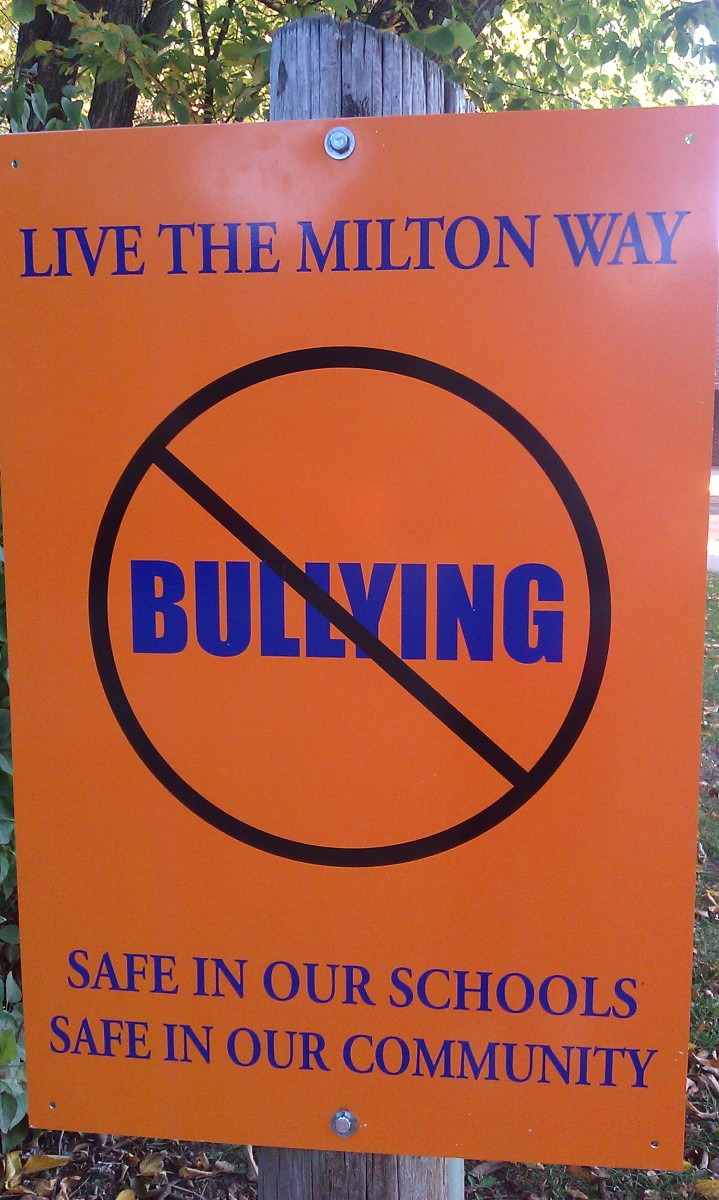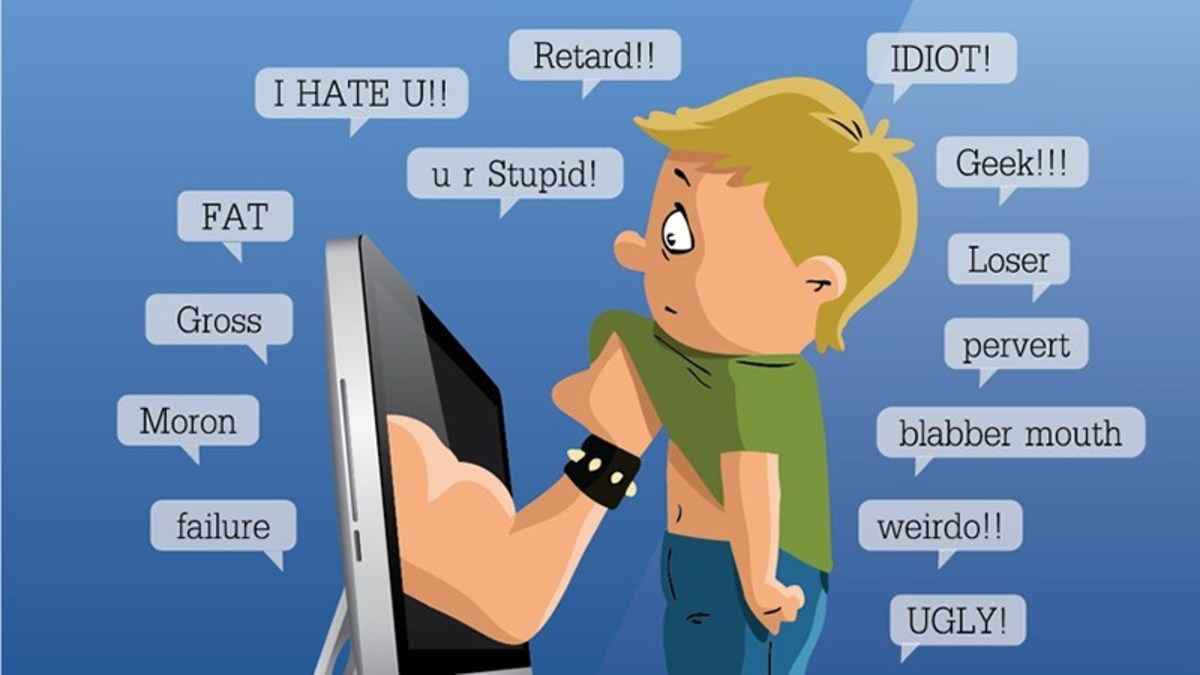Monica Lewinsky: Cyberbully's 'Patient Zero'
Patient Zero

When Social Media is Used to Hurt
Cyberbullying has brought to light some painful experiences for some, not to mention a number of suicides due to humiliation. The scars are permanent, and consequences are serious. This student did not attend high school during the advent of social media, however, remembers getting the first Facebook friend request in 2006. The number of people that can be accessed by cyberbullying through today's 'information highway’ is astounding. There used to be a time when traditional bullying was somewhat contained to a small group; now a perpetrator can send supercharge their bullying across multiple time zones.
Recent events in the news show a household name, Monica Lewinsky, is now back in the spotlight. Her social platform is derived from her very personal experience of what she calls being 'patient zero' in the cyberbullying world. Lewinsky shared that "overnight I went from being a completely private figure to a publicly humiliated one” (Melendrez, 2014). At the time people felt free to comment online about a person they did not know, certainly not when it came to what goes on in her heart and mind. Her affiliation with such a prominent figure, the President of the United States, somehow gave people a right to chime in. Participating in a public shaming that would later impact her life, in a way she notes today as, almost ‘disintegrating’ (Melendrez, 2014).

Potential Factors
Three potential factors that allow for dehumanization to take place in cyberbullying are anonymity, collective aggression or ‘crowd baiting,' and delegitimization of the victim. The process of deindividuation that takes place online gives individuals an anchor of safety to hide behind in a social media crowd.
The collective aggression of ‘crowd baiting’ which allows for anonymity to take place contributes to a sense of deindividuation. Social platforms such as forums, Facebook and Twitter allow people to essentially become part of a crowd and gang up on an individual in the safety of their homes. The emotional distress to an individual brought on by such an event is every bit as damaging if it were happening on a crowded street to the persons face. Having never been a victim of such a crime, I could not even begin to imagine what having my most personal, private moments, thrown into a public forum for discussion amongst strangers would feel like.
According to Crisp & Turner (2010), victims experience a form of delegitimization as a product of the dehumanization process. The norms, values and the American way was challenged for some as Lewinsky mortified the public with her act of indiscretion. There was diffusion of responsibility, the scenario subsequently played out to the public with a double standard, making it harder for her to save face. Delegitimizing the outgroup is a justification for aggression to follow without consequence (Crisp & Turner, 2010).
Reduction
Reduction of online aggression will require the online community to re-evaluate what is deemed as a lack of empathy or compassion deficit. Amongst adults in the general public, this is a little more difficult to contain. Many of these solutions are more applicable to high schools where cyberbullying is more rampant.
Parental controls need to tighten for the cyber bully attacks that take place in the teen community. Cyberbullying needs to have real legal repercussions that make a person think twice before publicly shaming another individual to the point of no return. Once the person, commits suicide, it’s too late. It should never have to get that far. Lastly, if cyberbullying is taking place, it needs to be reported.
While no national law against cyberbullying exists, many states are putting anti-cyberbullying laws into effect. While many schools and districts may have anti-bullying policies in place as result of those laws, many lack actual strategies, tactics, and processes to address this growing problem (CyberbullyHotline, n.d.).
The face of cyber bully takes many forms, but the state of Missouri is making a program accessible to schools known as The Cyberbully Hotline. It allows students to report abuse anonymously, and many states are starting to mandate that this anonymous reporting be available to students. Education alone won’t stop bullying; the program allows for a checks and balance approach to give a hand to students in need.
Some other suggestions outlined through the program are listed below:
- Develop clear rules and policies to prohibit the use of school technologies to bully others.
- Educate students and staff members about what types of behavior constitute cyber bullying and how the school district's policies apply to them.
- Provide adequate supervision and monitoring of student use of technology.
- Establish systems for reporting cyber bullying or misuse of technology.
- Establish effective responses to reports of cyberbullying (CyberbullyHotline, n.d.)
The topic is serious and is starting to get the attention it needs. There will never be a complete cure, but hopefully, with proper management, the issue can be contained and minimize the number of victims (CyberbullyHotline, n.d.).
Heart Breaking: Cyberbullying PSA
References
Crisp, R. J., & Turner, R. N. (2010). Essential social psychology (2nd ed.). Los Angeles, CA: Sage.
CyberbullyHotline. (n.d.). Retrieved from http://www.cyberbullyhotline.com/components-cyberbully-hotline.html
Melendrez, J. (2014, October 20). Retrieved from Today: http://www.today.com/news/monica-lewinsky-speaks-about-cyber-bullying-forbes-under-30-summit-1D80227640







